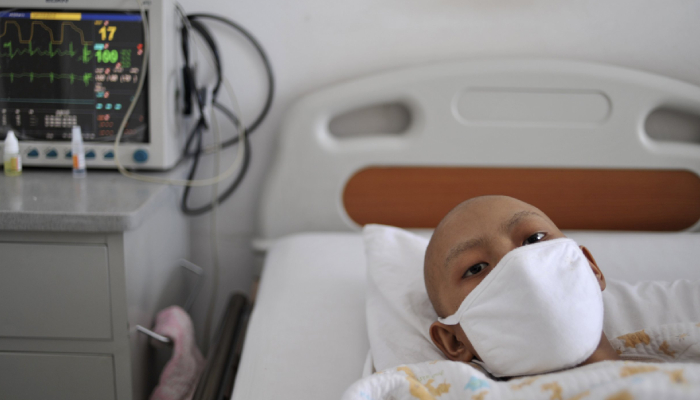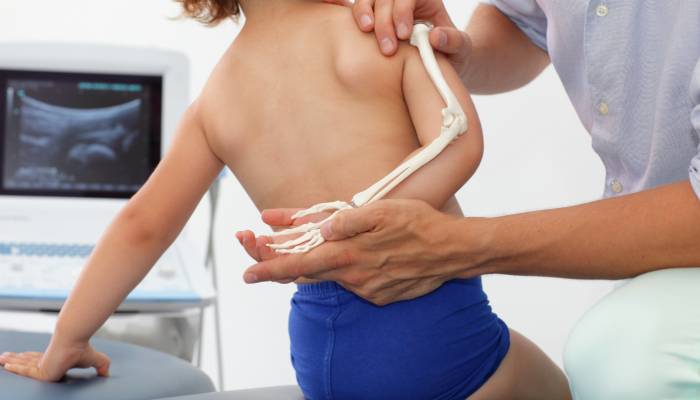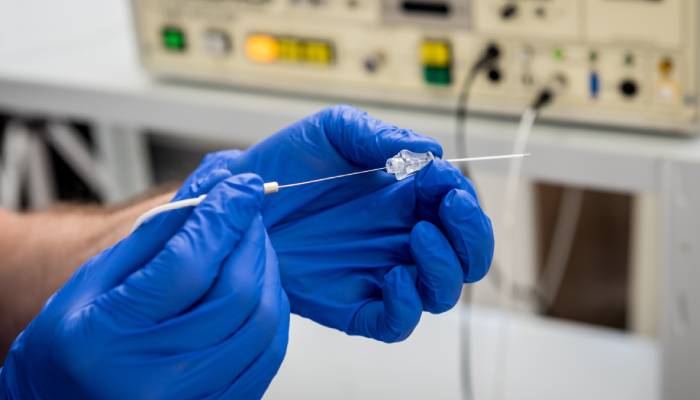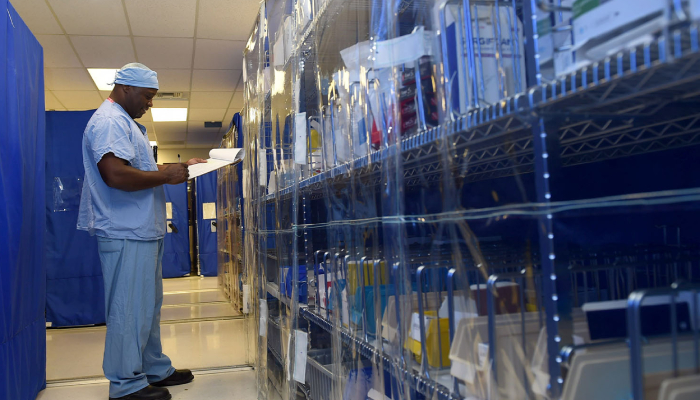Cancer Overview: Various diagnosis and treatments of cancer

Different Diagnosis And Treatments For Heart Diseases
April 26, 2020
Heart Diseases: Diagnosis and treatments of heart diseases
April 30, 2020Cancer is the second-leading cause of deaths all over the world. The disease is dreaded for its spreading nature throughout your body. Cancer causes the cells in your body to divide uncontrollably and destroy the normal tissues. Hence, it is essential to detect cancer at an earlier stage so that the treatments can save you from its deadly effects. Thanks to the umpteen researches by the scientists, cancer screening and treatment techniques have improved immensely. Keep on reading to find out the various methods for diagnosis and treatments of cancer.
Diagnosis and treatments of cancer
Certain cancer types can be detected earlier by self-screening methods, while some others are detected after the detection of tumours and other symptoms. Find out a few symptoms that are generic for all types of cancers:
- Inexplicable tiredness, weight changes, bleeding and bowel troubles
- Lumps and stiffening under the skin
- Persistent breathing troubles or cough, irregular digestion, unexplained muscles or joint pains, inexplicable fevers or night sweats can be some of the symptoms of cancers. Though these can be due to other causes, it will be better if you get it diagnosed by the doctor.
It is important to note that these are generic symptoms, and hence each of these symptoms may not be that of cancers. Following are the self-screening diagnosis and other methods for cancer.
Read More About : The Different Diagnosis And Treatments For Cancer
Diagnosis
Cancers of skin, mouth, testicles, breasts, rectum and prostate are some types that can be detected by self –exams and screening methods. Most of these have common symptoms mentioned in the above section, with lumps or tumours that can be felt evidently. For some, a routine medical checkup for other medical conditions may incidentally end up in cancer evaluation.
After a thorough physical examination and detailed study of medical history, blood, urine, and stool samples are sent to laboratories to confirm the presence of cancer. Likewise, tumours are subjected to various tests like magnetic resonance imaging (MRI), X-rays, Computed Tomography(CT), Fiber optic endoscopy and ultrasound, to detect its location and size. If the doctors suspect the tumours to be malignant, the tissue samples are sent for the biopsy that confirms cancer.
After confirming cancer, other tests are performed to understand the spread of the disease. The different follow-up phases are termed as staging. Some people may have their initial tests to be negative but with persistent symptoms; in that case, the individuals are advised for further tests.
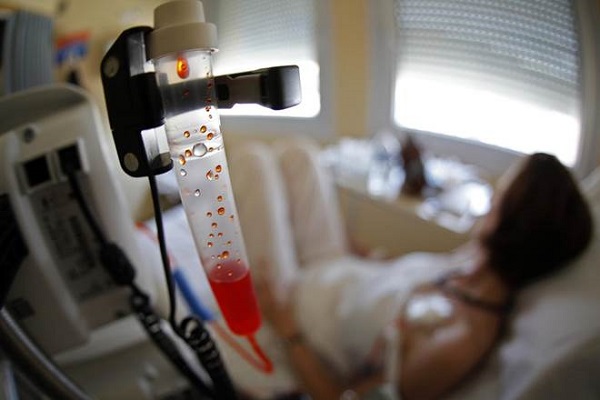
Treatments and care for patients
Cancer can be painful for both the patient as well as their caretakers. Hence, it is imperative to provide essential care, both physical and emotional, for them, along with the medical treatments. The patients may undergo various medical treatments like chemotherapy, immunotherapy, surgery, or radiation therapy depending upon the type and stage of cancer. Following are some of the support treatments that must be given to the patients who are suffering from cancer.
Support and care
To maintain the overall emotional and psychological well-being of the patients and their families, the health care professionals must provide adequate support during treatment. Hospice, supportive care for patients suffering from irreversible conditions, is an excellent option to rehabilitate the patients. Cancer centres provide many complementary therapies as supportive care.
Mind therapies
The diagnosis and treatment of cancer can be extremely depressing for the patients. Therapies like progressive muscle relaxation, hypnotherapy, guided imagery, and biofeedback give the patients the needed support to alleviate the occurrence of pain, vomiting, anxiety, and nausea. The general behavioural therapies like counselling can motivate the patients to be less anxious about the future and helps them to be optimistic of recovery.
Exercises
Exercises are found to have an excellent effect on patients experiencing less fatigued and less anxious. Walking or swimming could be included in the routine exercise but under the supervision of healthcare providers.

Diet regulations
Though there is no known evidence of diet curing or alleviating cancer symptoms, studies do emphasize the intake of essential nutrients to prevent cancer. It is found that certain dietary habits like excessive consumption of meat products can result in colorectal cancer. Similarly, certain studies have confirmed a higher possibility of cancers in people who take vitamin supplements like beta-carotene can increase the risk of lung cancer among smokers and high doses of vitamin E are likely to suffer from prostate cancer.
Complementary medicines and therapies for cancer patients
Complementary medicines can alleviate many symptoms of cancer as well as the side effects of its treatment. Use of herbs like ginger, peppermint, valerian roots and capsicum creams have significant effects in alleviating nausea, reducing anxiety and relieving muscle aches.
Acupuncture and acupressure are excellent complementary treatment techniques that help in reducing cancer symptoms. Homoeopathic medicines can help to ease nausea, fatigue, and anxiety in cancer patients.
A strong support system that includes friends and family is essential for the patients to feel less depressed and less anxious. Prayers and practising yoga can also help in bringing a sense of meaning and purpose to their life.

